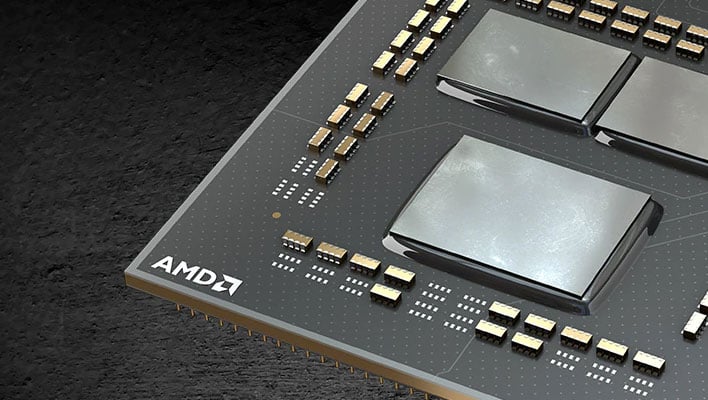- Jan 7, 2007
- 4,107
- 1,607
- 136
from amd themselves, Predictive Store Forwarding (PSF) is the culprit.
shutdown process is provided but no word on performance impact.

 hothardware.com
hothardware.com
shutdown process is provided but no word on performance impact.

AMD Warns Of Potential Spectre-Style Zen 3 Processor Security Vulnerability
The attack is similar in scope to Spectre and involves a feature introduced with Zen 3 called Predictive Store Forwarding (PSF).


